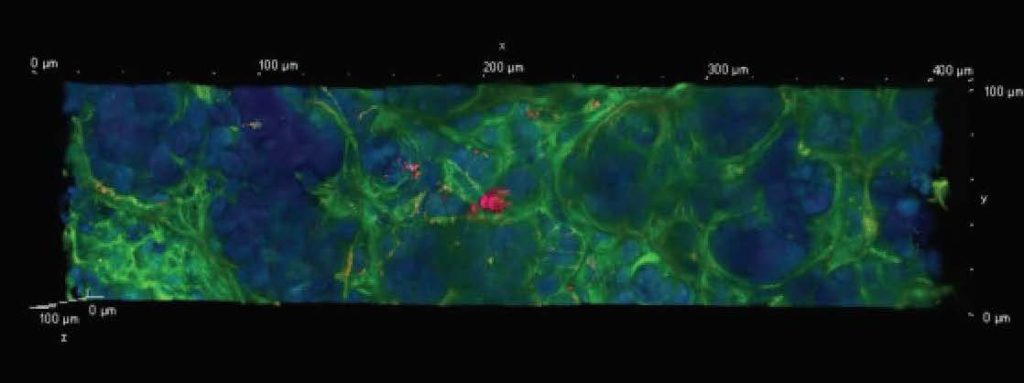By Aoife Brennan, CEO of Synlogic, as part of the From The Trenches feature of LifeSciVC
I was in the passenger seat, trying desperately not to reach for the grab handle, saying reassuring things but thinking ‘those mailboxes are really close’.
Teaching my son to drive is a new experience for me. As all parents know, raising a first born means doing it all for the first time and wanting to get everything textbook perfect. Just like first-born children, a platform company’s initial program brings a lot of pressure to get everything right.
All consultancies have indication prioritization tools weighing technical fit, biological risk, development feasibility and unmet medical need. And of course small companies (and even big ones) always do well to focus their limited resources.
There is a further dimension that gets less airplay but is critically important: What can be learned about a platform or modality from the initial programs transition into clinical development? Thinking about how initial programs can ‘buy down’ technical risk and inform future development is vitally important.
At Synlogic, we use the tools of synthetic biology to engineer probiotic bacteria for therapeutic effect. Our work to develop an oral treatment for PKU has taught us a huge amount about our platform. We chose a disease with well-understood biology, an identifiable patient population, a defined biochemical approval endpoint, and a lot of unmet need.
We also got lucky in the enzyme that was chosen for the initial engineering, phenylalanine ammonia lyase, which is not a mammalian enzyme so we had the ability to follow the same biomarkers of strain activity in vitro, in vivo in preclinical animal models, in healthy volunteers, and in patients. We have an ongoing study in patients with PKU to evaluate whether we can impact blood Phe levels and are looking forward to results later this year.
The PKU program has also been critical to building our platform. We have validated simulated gut models, built translational pharmacology tools, established a lyophilization process, and developed methods to optimize potency.
Now, we are starting to think about adding to our programmatic family. Our core focus at Synlogic will continue to be the treatment of acquired and inherited metabolic diseases, like Enteric Hyperoxaluria and PKU, where consumption of a toxic metabolite can impact disease.
But this week, we also announced a research collaboration to develop a treatment for inflammatory bowel disease. While the biology here is different, we can draw on the models and learnings of our first born programs, and our advanced set of synthetic biology tools. IBD biomarkers and biology are more challenging, but we don’t have to start from zero.
So, as I am doing another lap of the neighborhood gripping my seat, I will be reflecting on first borns and the gratitude they deserve; not just for ‘being you’ but for all they have taught us on the ride.
Picture: Our PKU strain takes a drive in a gut-on-chip. Picture courtesy of Tyler Nelson.






